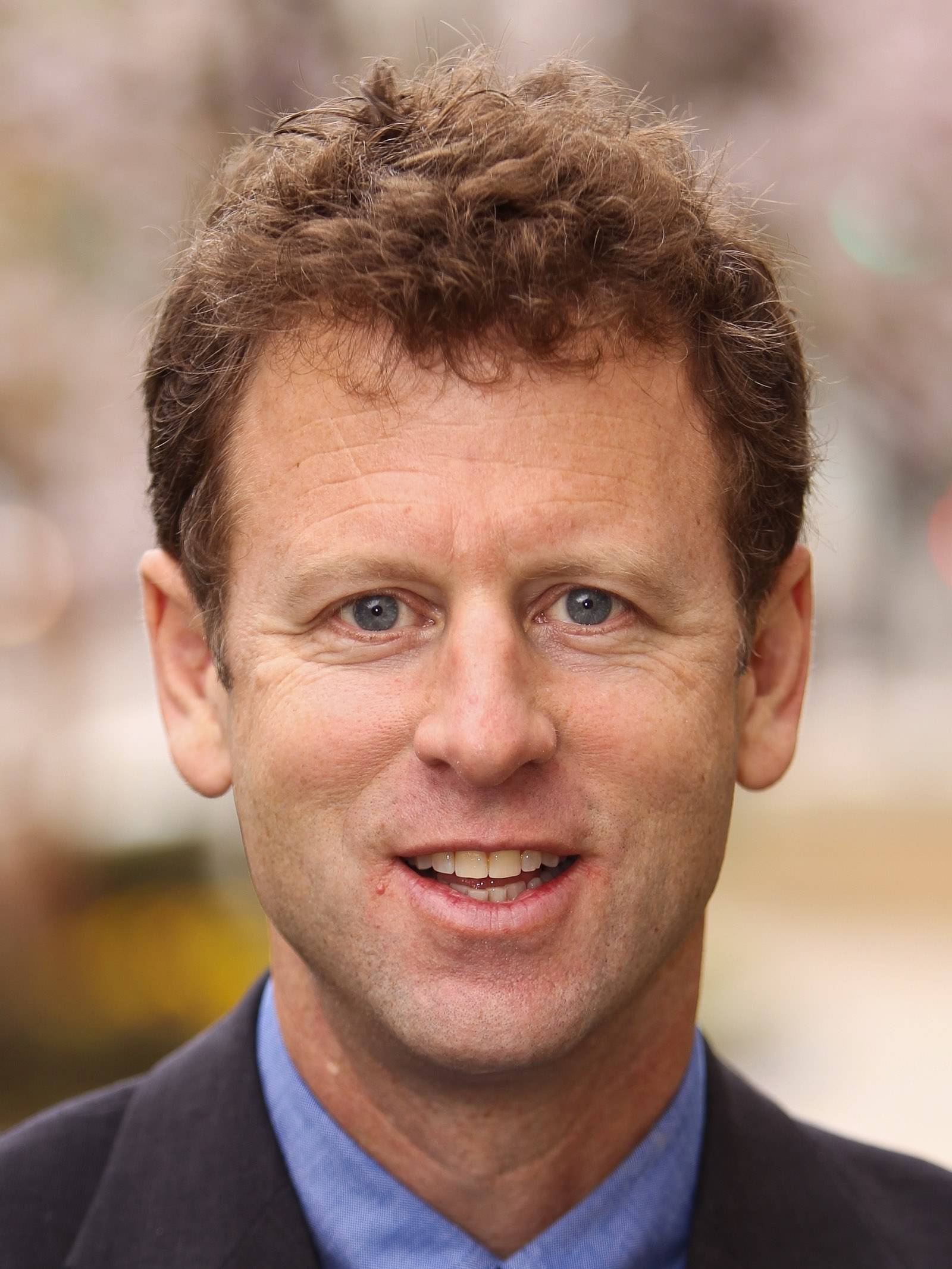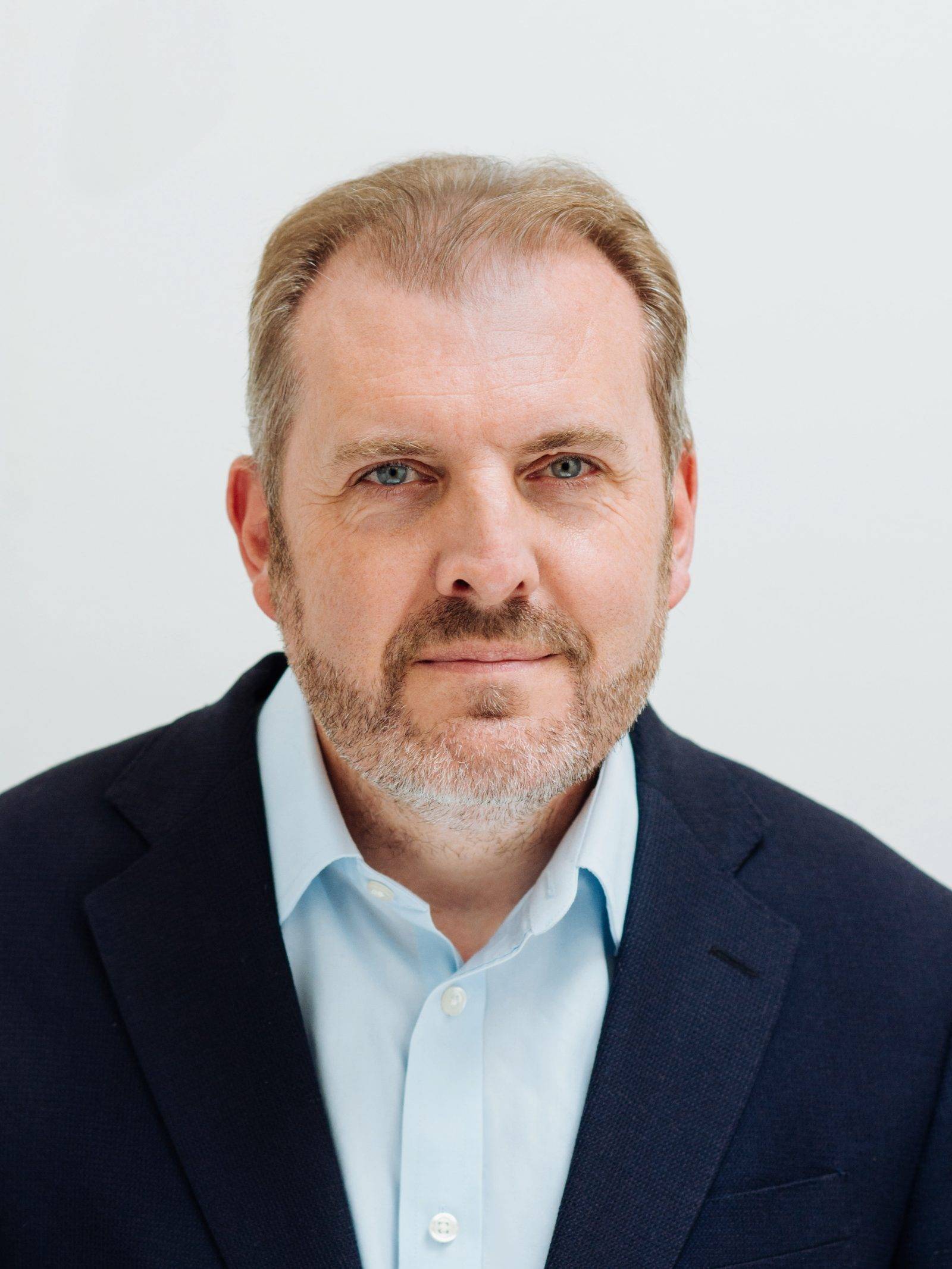The Lampert Institute seeks to bridge the University to a global community of practitioners and policy experts whose interests converge with the institute’s areas of inquiry. Towards that end, it invites a select number of Nonresident Fellows every year to engage with students and faculty on campus.
Fellows from the public and private sectors can participate in a variety of activities during their visits to campus: teach classes on their areas of expertise, give colloquia or public talks, and mentor Lampert Scholars as well as other Colgate students.

